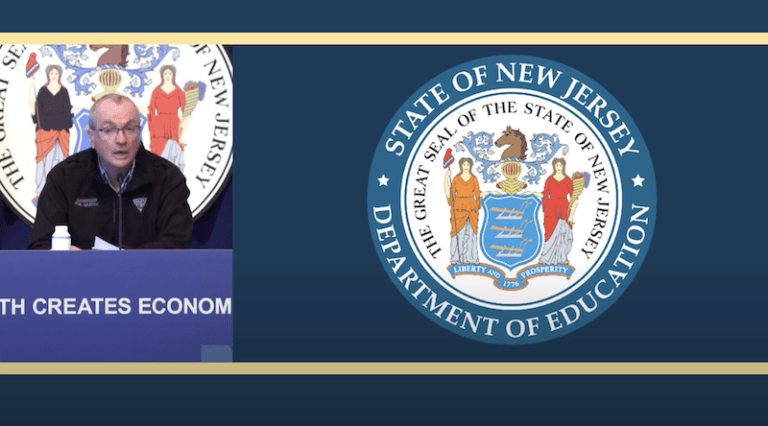By Alyson Klein
During the recently concluded presidential nominating conventions, President Barack Obama and former Massachusetts Gov. Mitt Romney offered stark choices on K-12 policy while downplaying areas of agreement between their two parties—and the tensions within each party on education issues.
In Charlotte, N.C., last week, the Democrats put a relentless focus on Mr. Obama’s record of making education a federal funding priority. They cited the billions of dollars his administration steered into saving teachers’ jobs and broadening college access.
And convention speakers, including U.S. Secretary of Education Arne Duncan, highlighted the president’s role in encouraging states to adopt rigorous standards and warned that Republicans would slash education spending.
In Tampa, Fla., the week before, Republicans picked Mr. Romney as their standard-bearer. They pointed to Mr. Obama’s lack of support for private school choice and hammered teachers’ unions as an obstruction to the GOP vision for education reform.
But the focus on those politically charged issues, which got most of the education airtime at each party’s convention, belies the areas of agreement between many Democrats and Republicans on policies such as charter schools and performance pay for teachers.
And it ignores intraparty fissures that were evident behind the scenes in both cities on such issues as common academic standards, a topic that has split the GOP, and teacher evaluation, which has divided Democrats.
More>>

